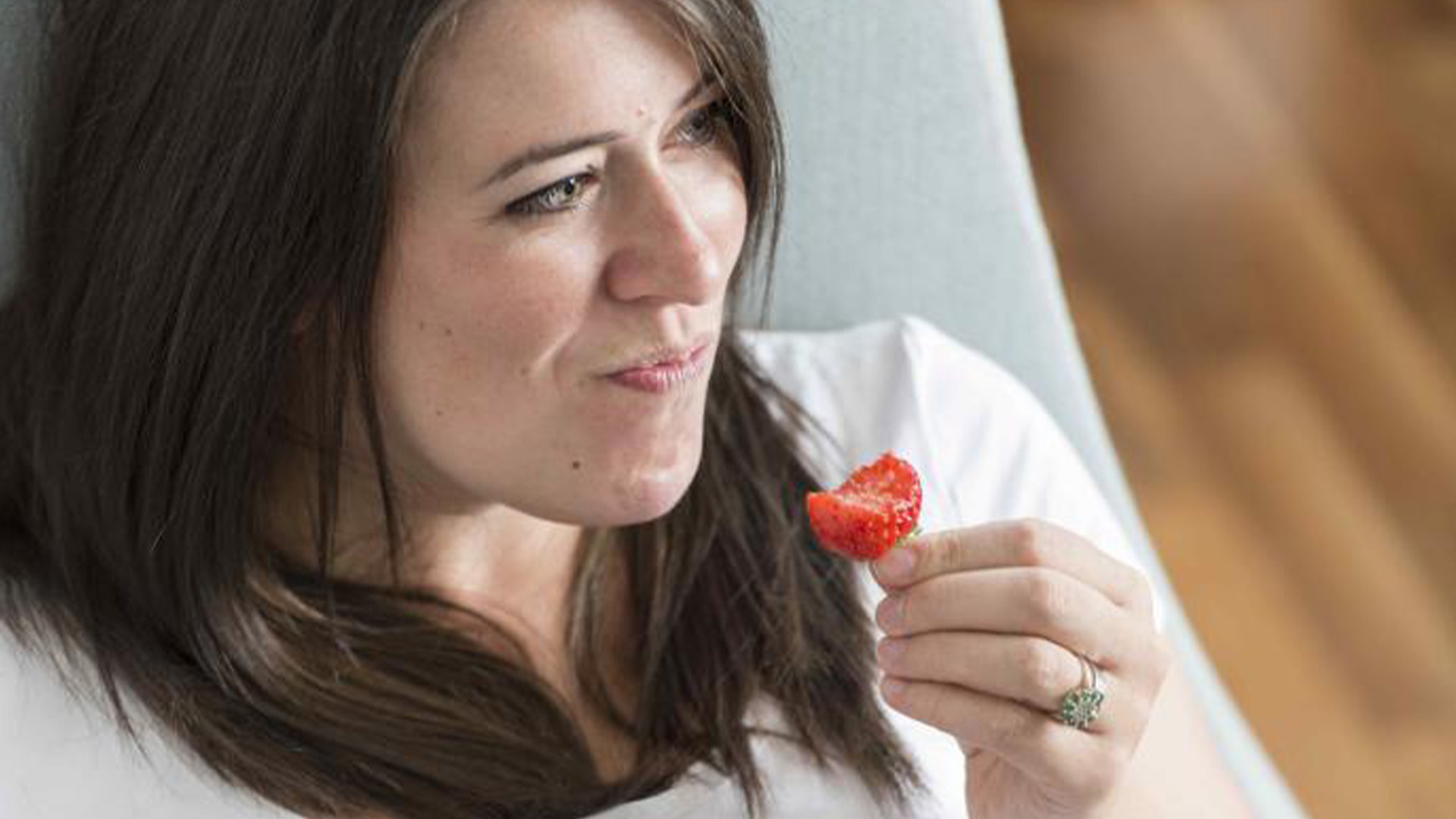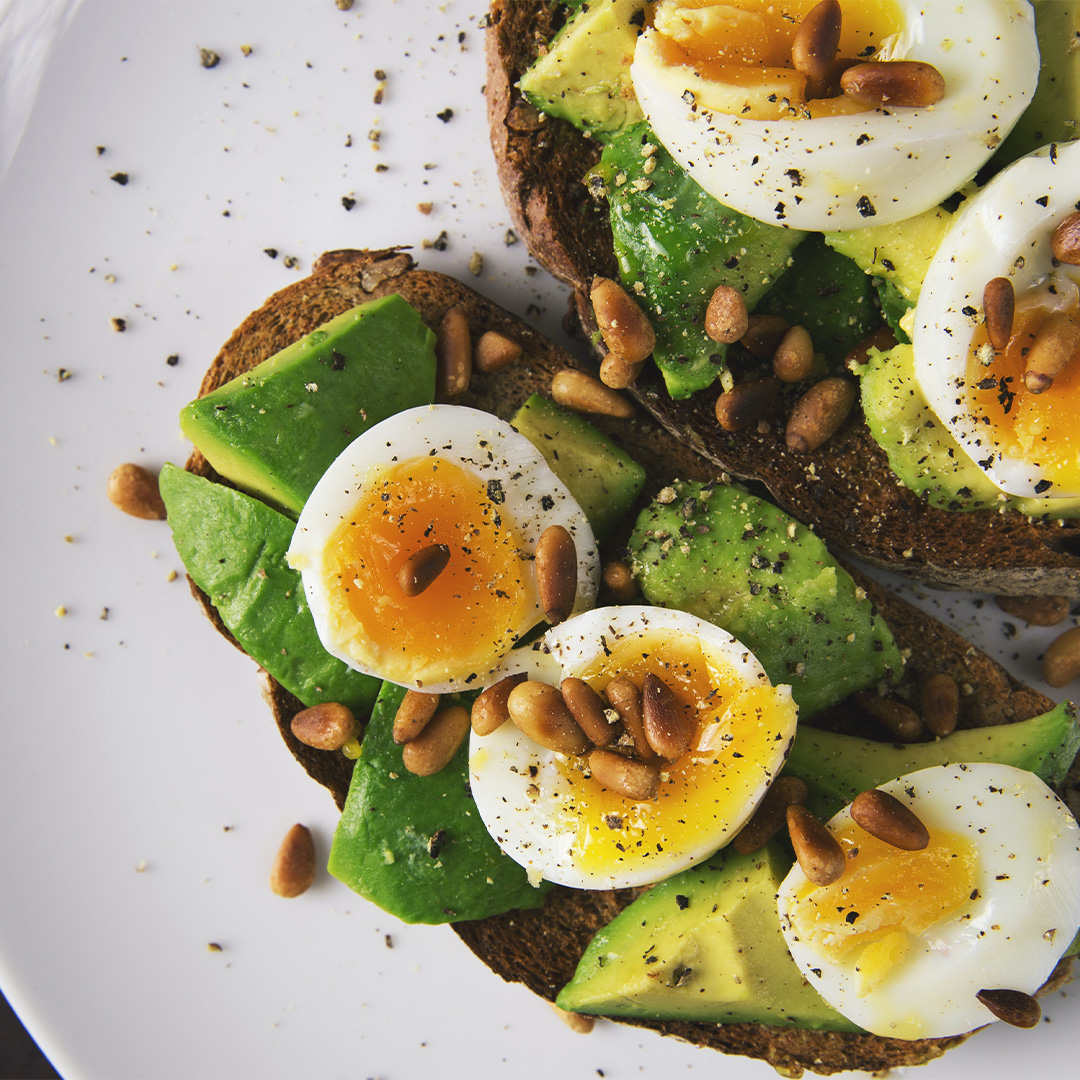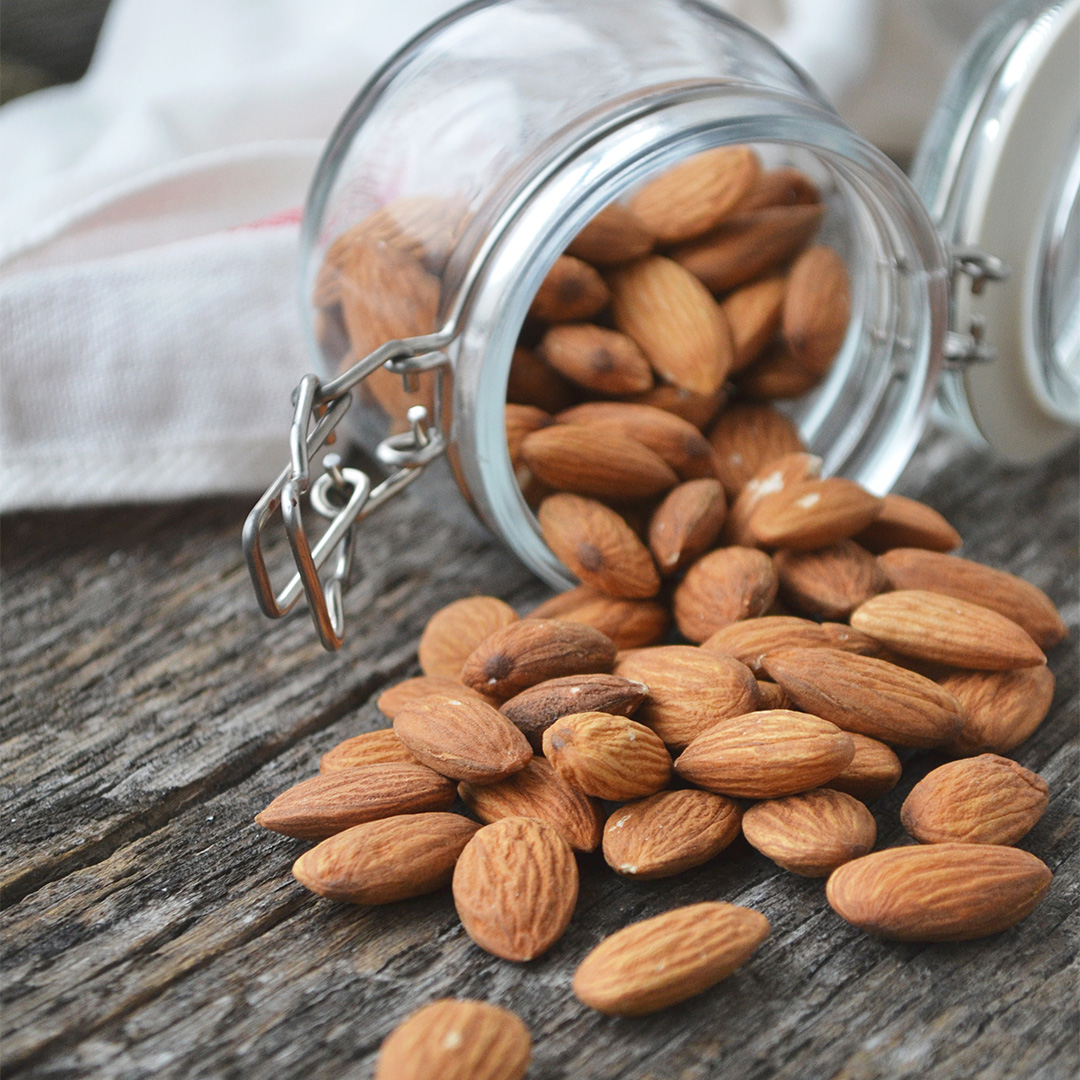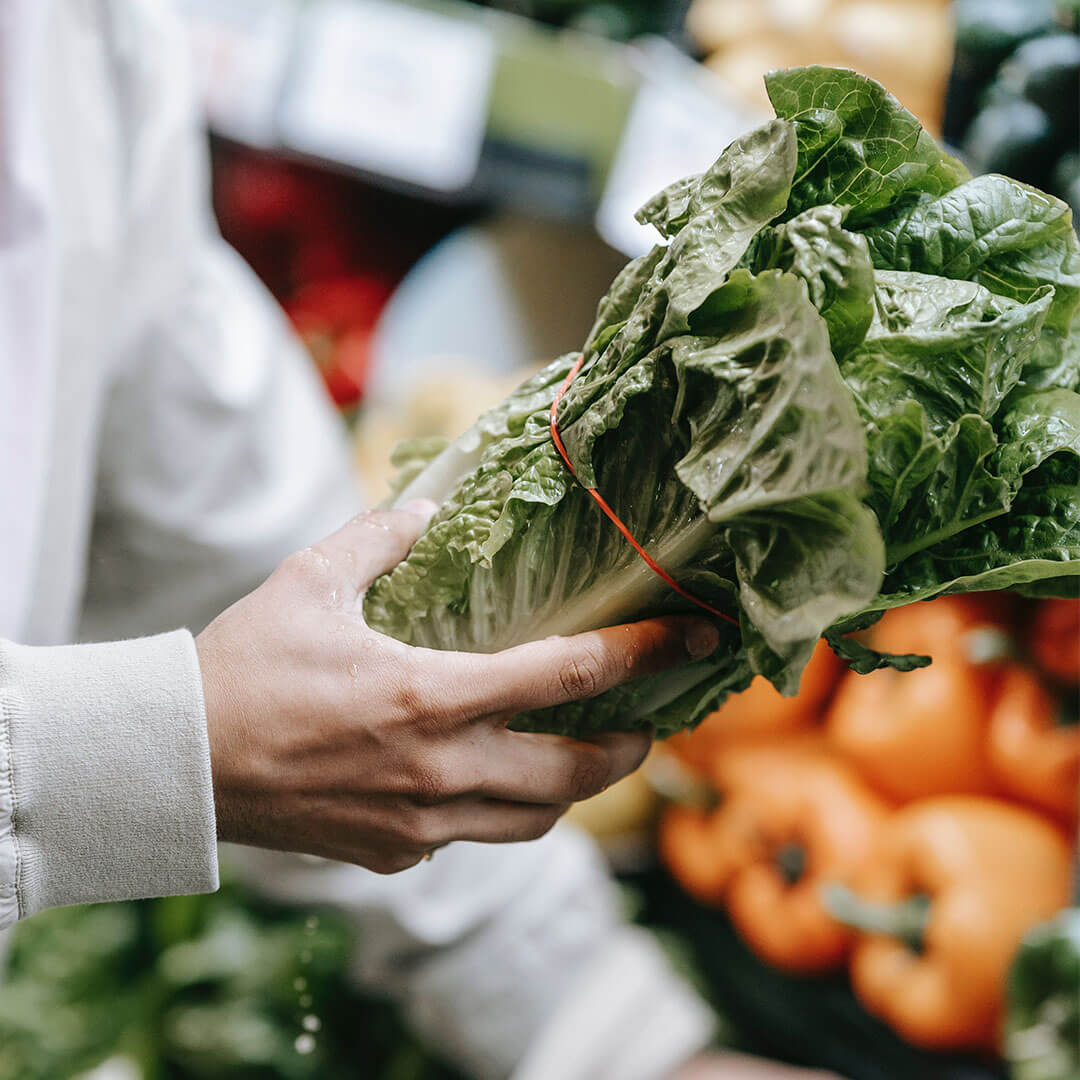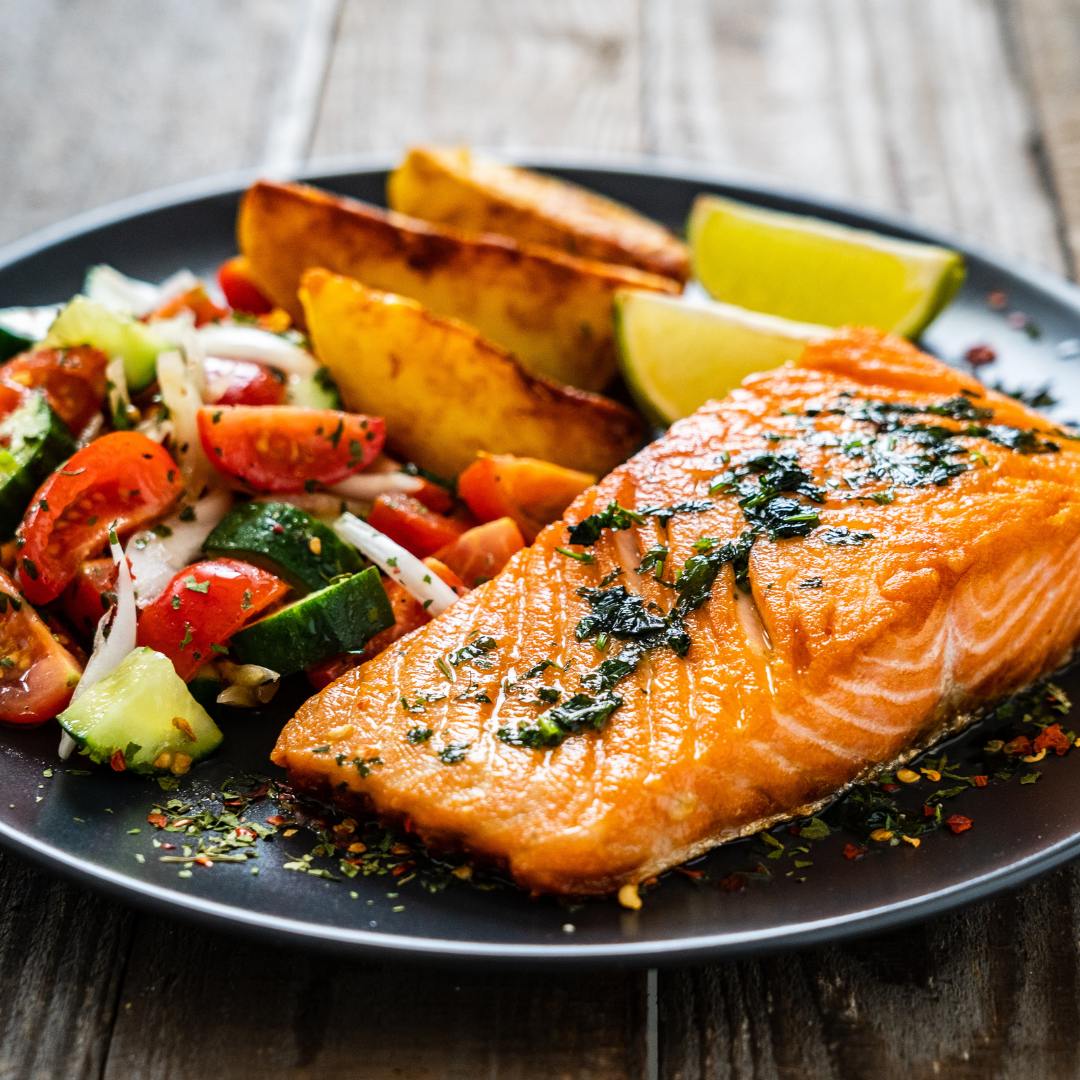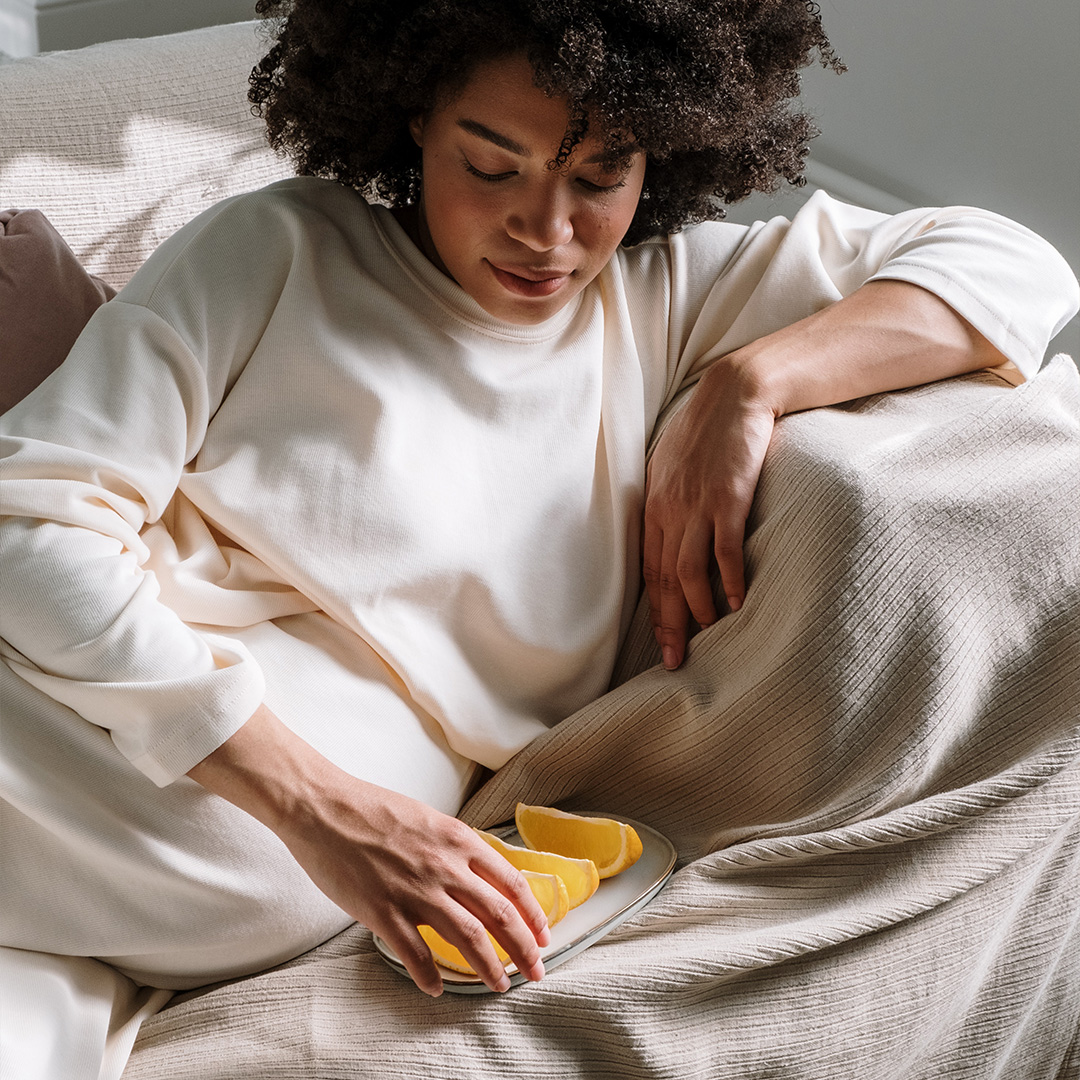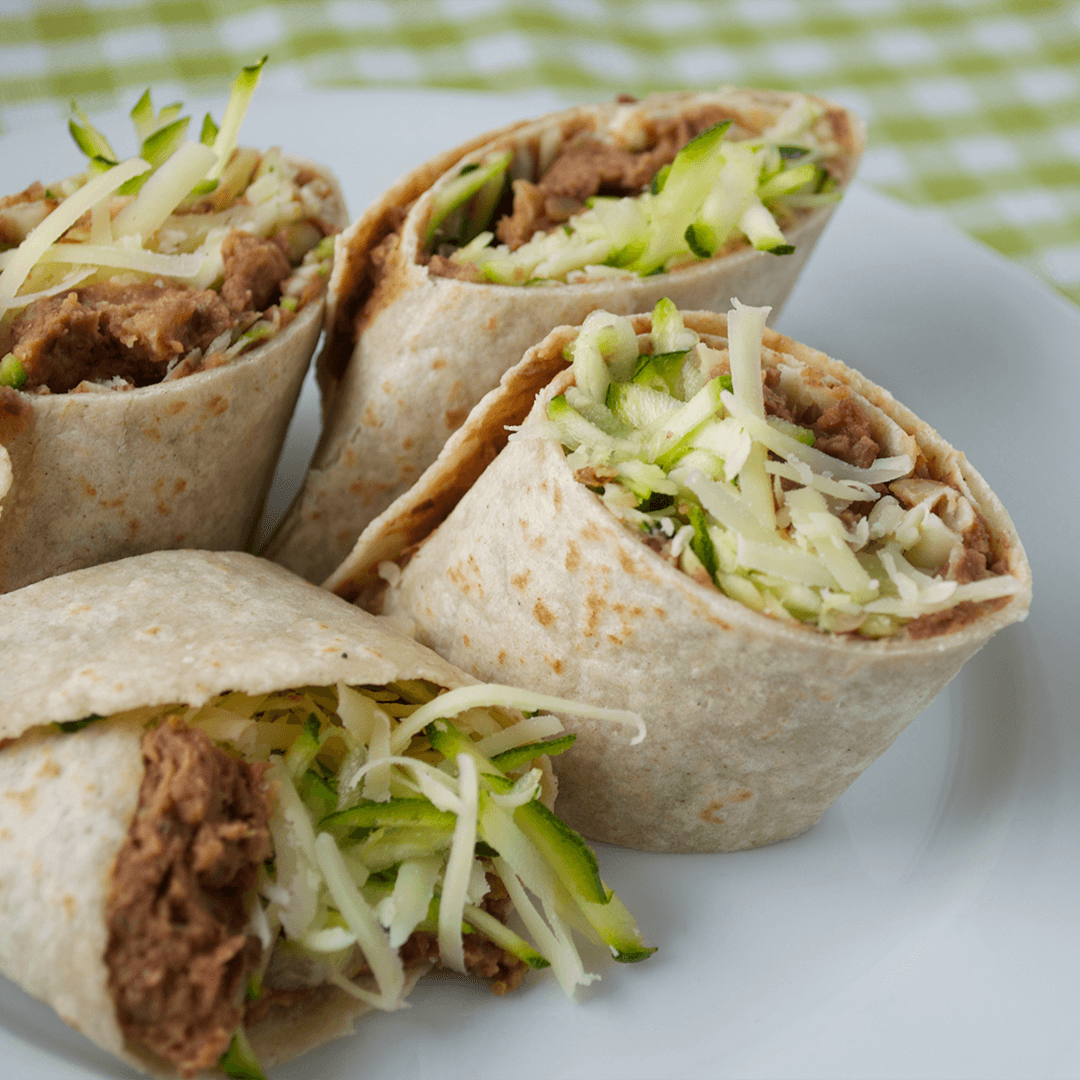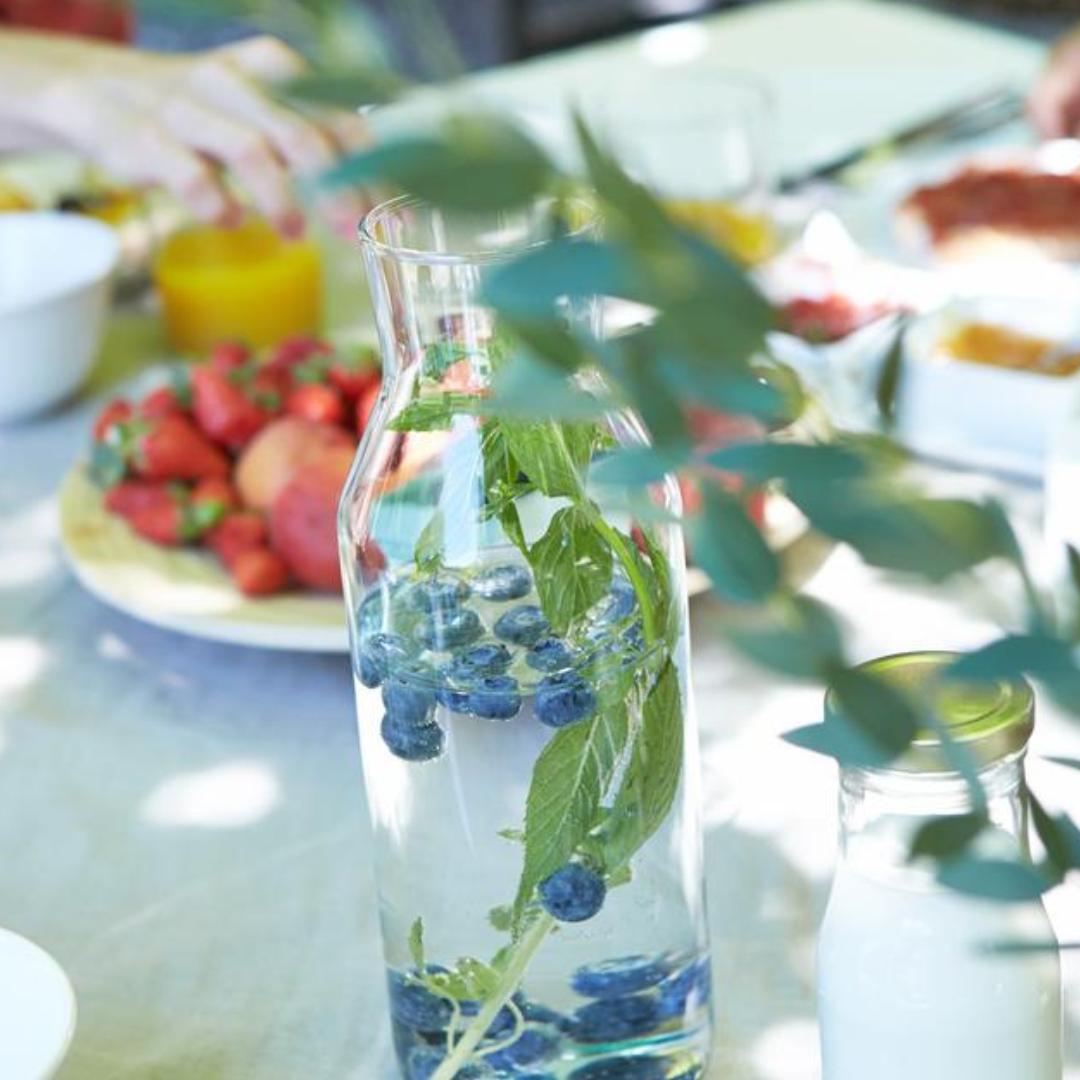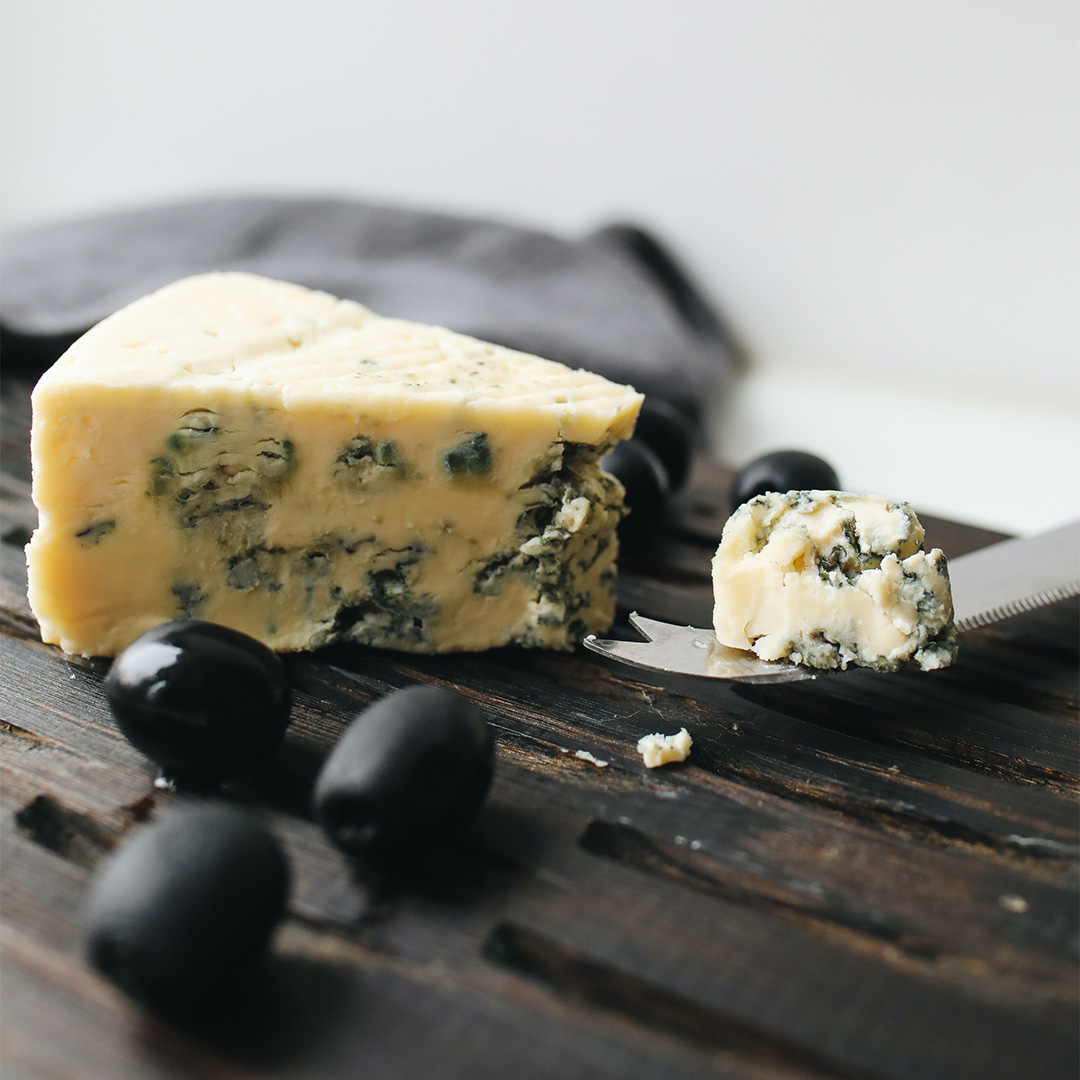Morning sickness
Suffering from morning sickness? Eating at least a small breakfast can help reduce the symptoms, we have some scrummy recipes you can try. You also don’t have to cut out your morning coffee, but it’s recommended to not have more than 200mg of caffeine a day.
How many calories
Most expecting mums think that they need to eat for two when pregnant, but they only need an extra 200 calories a day in their last trimester when their babies weight increases to get ready for birth. That’s the equivalent of two small bananas a day, so not as much as you may think!
Varied diet
A baby’s first food is the amniotic fluid in the womb & what you eat when pregnant will change its flavour. Babies remember the flavours they first tasted there & appear to like them more. So eating a varied diet whilst expecting is great for their development in learning to love more foods!


